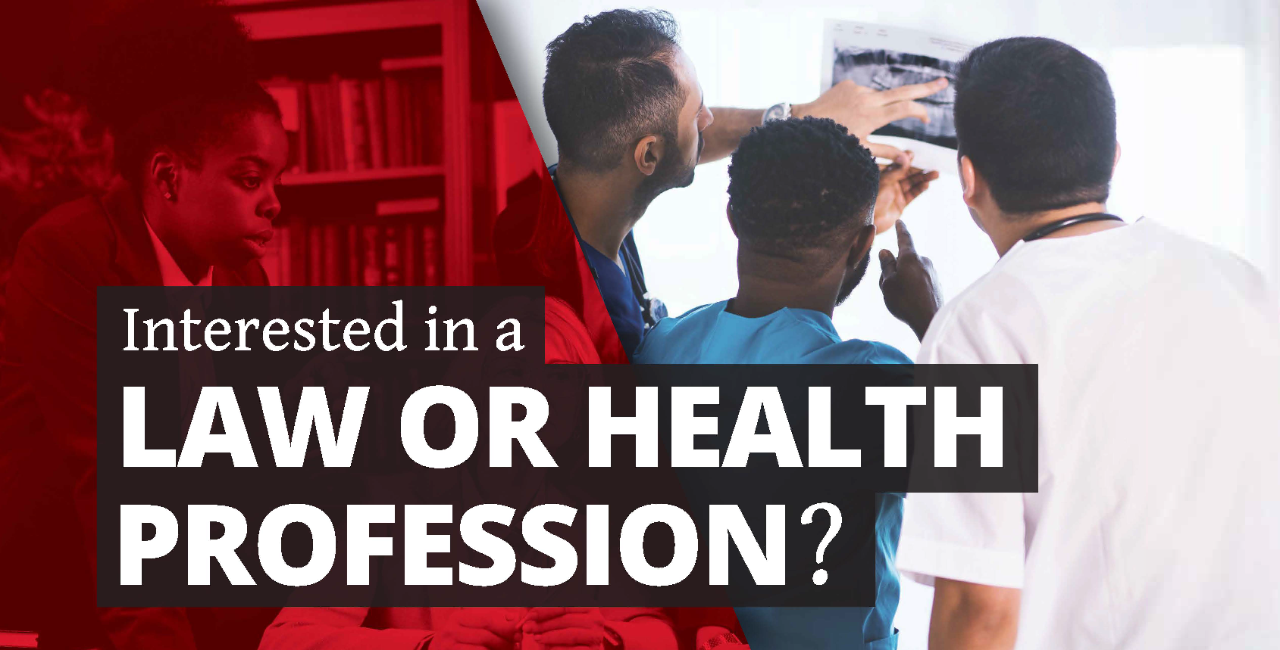Pre-PT Frequently Asked Questions
What is a Physical Therapist (PT)?
What is so hard about being pre-physical therapy?
Is it difficult to get into physical therapy school?
What are the admissions requirements?
What do physical therapy programs consider when evaluating applicants?
What GPA do I have to have to get into physical therapy school?
Is it all over if I have a bad semester?
Will I need letters of recommendation?
How can the Pre-Professional Advising Center (PPAC) help me?
What resources are available to pre-physical therapy students?

